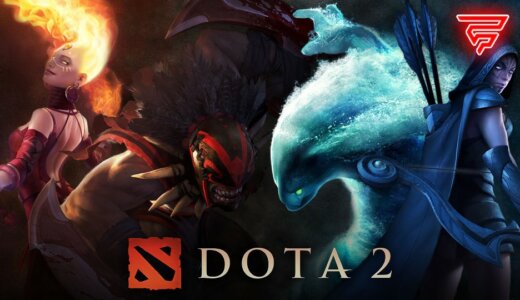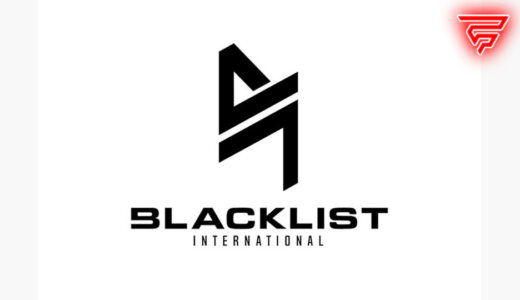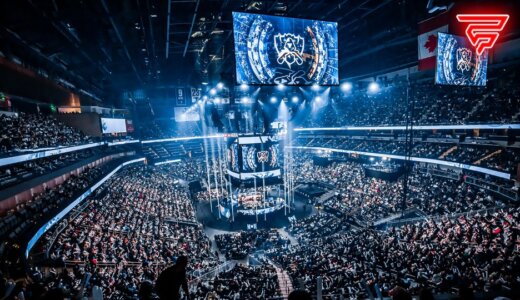In a significant development, a class action lawsuit against Niantic, the creator of the widely popular Pokémon Go game, has gained momentum as the Los Angeles County Superior Court rejected the company’s efforts to compel arbitration.
The lawsuit, alleging a “sexist work culture disadvantaging female employees,” asserts multiple violations of the California Equal Pay Act and other fair employment laws. Initiated by an anonymous plaintiff who claimed substantial pay disparities with male colleagues in similar roles, the case sheds light on broader concerns within the company’s workplace dynamics.
Breakthrough in the fight against wage discrimination
A class action lawsuit filed against Niantic, the developer of the popular game Pokémon Go, is moving forward after the Los Angeles County Superior Court denied the company’s attempts at arbitration. The lawsuit alleges that Niantic has a “sexist work culture that disadvantages female employees” and claims several violations of the California Equal Pay Act and other fair employment laws. The anonymous plaintiff claimed that she was being paid significantly less than male colleagues who shared similar responsibilities or job titles.
She raised concerns with other female employees through an internal resources group called Wolfpack, and they collectively agreed that “men were favored and valued over women” at the company. Talks with Niantic’s diversity director and principal people partner allegedly made the employee fear for her job as they were “hostile” towards voiced concerns about sexual bias. This was followed by reported internal censoring and stifling of communication for Wolfpack, leading to Niantic creating “a hostile, offensive, and oppressive work environment” for women.
Women fight against gender-based discrimination
More than four months later, the Los Angeles County Superior Court ruled to deny all three of Niantic’s attempts to compel women involved into individual and binding arbitration, strike the class allegations, and prevent the further pursuit of claims. The women now plan to continue their suit in hopes of holding “the company accountable for violations of the California Equal Pay Act and the Fair Employment & Housing Act’s prohibitions against discrimination, hostile work environment, and retaliation.”
Attorney Genie Harrison goes on to explain that the women involved in this case alleged “there is a ubiquitous, gender-based hostile working environment at Niantic, with Niantic going so far as to try to outlaw female workers from uttering the phrase ‘boys club.'” Niantic argued that the Ending Forced Arbitration Act, the law that ended forced individual arbitrations in these types of cases, doesn’t mean what it says. However, the court ruled against Niantic, allowing the women to continue their suit in court.
This lawsuit is part of the ongoing #MeToo movement, which has enabled women to fight for systemic change in court instead of being fragmented into secret individual arbitrations. The ruling demonstrates that employers can no longer hide gender-based discrimination, harassment, and equal pay violations behind forced individual arbitrations. The women involved in this case hope to hold Niantic accountable for its actions and bring about positive change in the company’s work culture.








